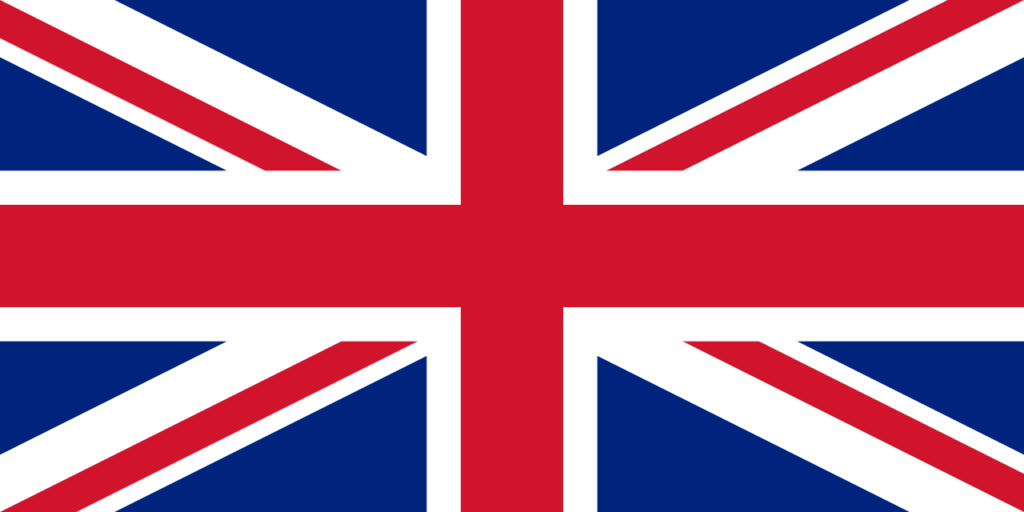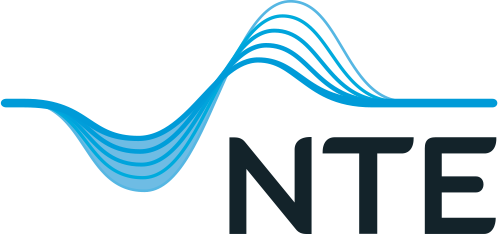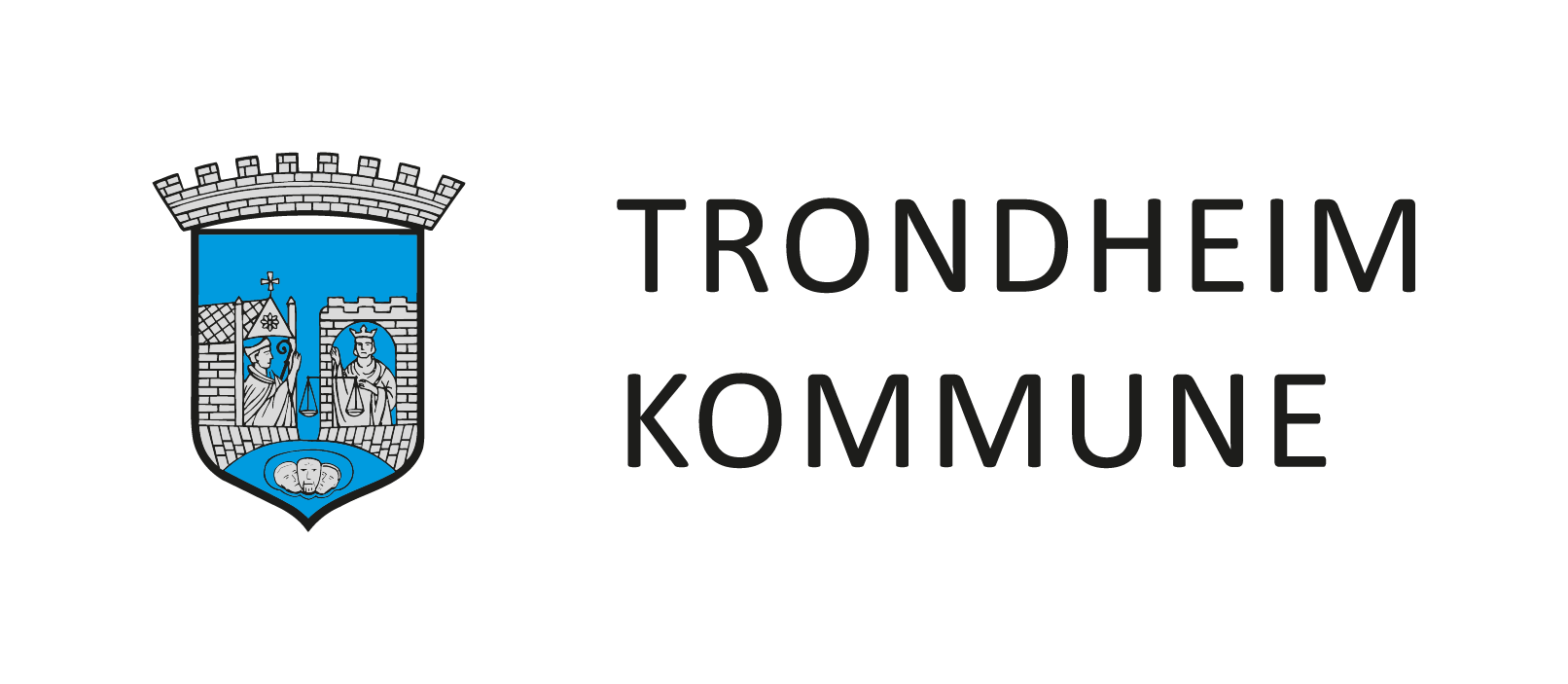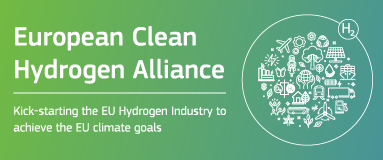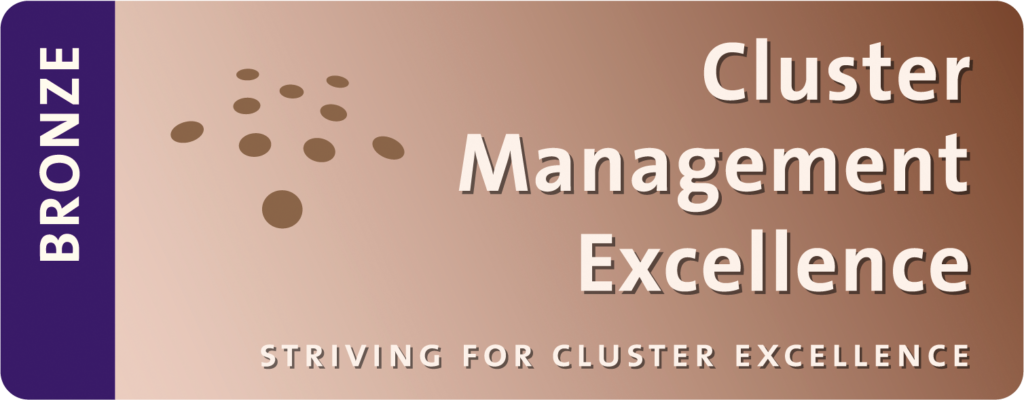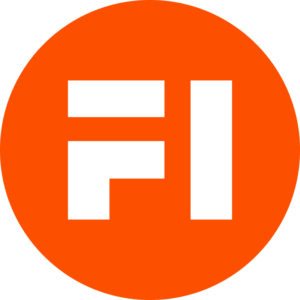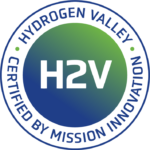The Renewable Energy Cluster had the honour of hosting a meeting with participants from Interreg’s G-PaTRA-project last week.
G-PaTRA is a consortium of 13 partners from across Europe who have been awarded funding by the European Union Interreg North Sea Region programme to take forward a project on green transport in rural areas.
The project, which will run until 2021, is led by Robert Gordon University (RGU) working in collaboration with partners from UK, the Netherlands, Denmark, Germany, Norway, and Belgium. It will promote green transport and mobility by enhancing the capacity of authorities to reduce CO2 from personal transport in remote, rural and island areas. It will embed more zero emission vehicles in rural transport systems and improve available passenger transport resources.
The Renewable Energy Cluster frequently arranges meetings between different participants in the green transport sector. It is especially interesting when the participants can learn from common challenges and experiences. This can further fuel new projects and collaborations, strengthening the cooperative relationship between Norway and other countries.
On demand transport
One of the cases discussed during the meeting was how public procurements can contribute to reduce risks in technology development. Konrad Pütz, Head of Mobility at the Transport Department in the County Council of Trøndelag, presented the process behind the current development of a future zero-emission high speed ferry in the region. Two weeks ago, 5 selected consortiums presented their concepts on how to make zero-emission ferries possible in just a few years.
Andreas Enge from AtB, the mobility company administrating the public transport in Trøndelag, presented a project on “Mobility as a Service” (MaaS) and “On demand transport”.
Participants from the Netherlands reacted spontaneously when they heard about the project. It turns out that AtB’s project bears many similarities to an ongoing project in the Netherlands.
– It is always interesting to meet others working on similar projects. It is an opportunity to connect with others and share experiences on different challenges and solutions, says Enge.
One of the challenges with public transportation in remote areas is offering good mobility solutions to a wide range of transportation needs, without large vehicles or frequent trips.
– Our project involves using digital tools to offer a modern and more efficient method of mobility. Some of the aspects we are looking into are digital solutions that are both flexible and time efficient, says Enge.

